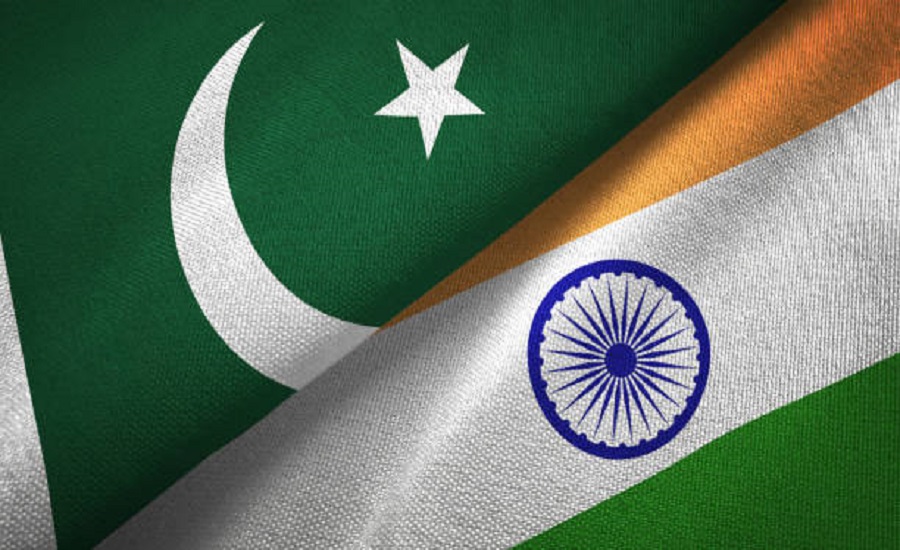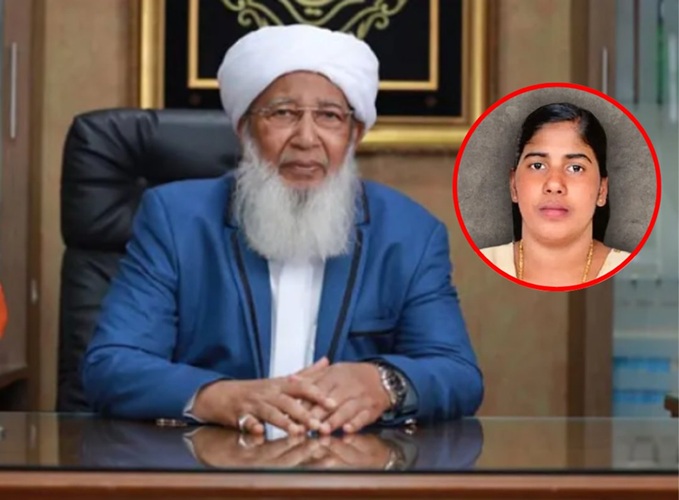NEW DELHI – On January 14, Pakistan Prime Minister Imran Khan unveiled the country’s first National Security Policy (NSP), which purportedly focuses on the ‘security’ of its citizens.
It aims to define the country’s security priorities between 2022 and 2026, including relations with India.
Prepared by the National Security Division of the government, the original 100-page version of the NSP remains a classified document. But a shorter public version — a 62-page document — stresses on human security, geoeconomics, regional connectivity, prosperity, trade and investment.
It thus makes all the right noises and gives an impression of fresh thinking from the Pakistani establishment. As a matter of fact, the policy appears to be an expanded form of Army chief General Qamar Bajwa’s speech in March 2021 at the Islamabad Security Dialogue, where he had harped upon similar themes.
Of particular importance is the NSP’s emphasis on pursuing peace with India. It mentions that “Pakistan, under its policy of peace at home and abroad, wishes to improve its relationship with India”.
This is indeed music to the ears of those advocating peace between the two countries, coming as it is in the wake of Pakistan’s repeated emphasis on prioritising geoeconomics over geopolitics.
However, a critical question from the Indian national security perspective is whether this rhetoric of coveting peace with India and focusing on geoeconomics signals a genuine change of heart in Pakistan’s thinking, or is it just an exercise in deception?
On this count, the policy offers no clear roadmap or steps that Pakistan wishes to pursue to realise its ‘wish’ for peace with India. Perhaps, Islamabad thinks that its expression of peace will convince New Delhi to reciprocate by taking a step forward.
But with previous peace initiatives (including the latest round of talks between the two National Security Advisors) yielding no sustainable outcome, India will understandably be disinclined.
This disclination will likely be reinforced by the NSP trading usual allegations against India of the rise of ‘Hindutva-driven politics’, ‘arms build-up’, pursuing ‘unilateral policy actions on outstanding issues’, and spreading ‘disinformation targeting Pakistan’.
Further, it says that a just and peaceful resolution of Jammu and Kashmir remains a ‘core issue’ for the bilateral relationship. The NSP also accuses India of adopting a ‘regressive approach’ for holding off Pakistan’s eastward connectivity. Clearly, if the Pakistani establishment desires to recast its approach, it will have to shed these grave misperceptions about India.
How serious is the Pakistani military establishment about peace with India? What is the evidence that things have changed for the better on the ground?
Unfortunately, not much.
In Jammu and Kashmir, after a relative lull of a few months post the February 2021 ceasefire agreement, PoK-based terrorist groups have recently intensified their activities by gathering at the launch pads across the Line of Control, attempting to infiltrate into the Valley.
Besides, within the Valley, newly-minted groups like The Resistance Front, with Pakistan Army’s blessings, have sought to project a local face to Kashmir’s militancy and disrupt the security situation by targeting civilians and religious minorities.
It is important to note that the NSP claims that India’s move to bifurcate the erstwhile state of Jammu and Kashmir into two Union Territories has been ‘rejected’ by the region’s people.
Within Pakistan, anti-India terrorist groups like the Lashkar-e-Taiba (LeT) and Jaish-e-Mohammed (JeM) have retained their deep presence with no counter-action from the authorities.
Even the US State Department, in its annual ‘Country Reports on Terrorism’, acknowledged that JeM founder Masood Azhar and LeT commander and mastermind of 2008 Mumbai attacks, Sajid Mir, are operating freely in Pakistan. With the takeover of Kabul by the Taliban in August 2021, these groups are now poised to scale up their activities.
Reportedly, Masood Azhar had met Taliban leaders, including Mullah Abdul Ghani Baradar, to seek ‘help’ for operations in the Kashmir Valley.
These developments demonstrate Pakistan’s continued duplicity on the issue of terrorism and its use of terrorist groups as proxies in its pursuit of geopolitical rivalry against India.
Moreover, they do not show a change in Pakistan Army’s anti-India attitude. Therefore, the NSP’s claims of pursuing better relations with India sound hollow.
If Pakistan is not serious about improving relations with India, what explains NSP’s approach on the same?
Clearly, the NSP and its contents are geared towards the international audience to give an impression that Pakistan is changing. Its economy is in doldrums with depleting forex reserves, rising inflation and unemployment, soaring costs of China-financed projects as part of the China-Pakistan Economic Corridor, and repeated bailouts from the International Monetary Fund and benefactors like Saudi Arabia.
The Financial Action Task Force’s continued grey listing has also deeply hurt its economic prospects. Therefore, Pakistan desperately needs foreign investment and trade to improve its economic fortunes. Islamabad believes that the rhetoric of human security and connectivity combined with peace with India will hopefully convince the international community of its changed attitude.
But the anti-India attitude is so ingrained in Pakistan’s military and diplomatic establishments that even before the NSP’s release, other elements have voiced their opposition. For instance, Abdul Basit, the former Pakistan High Commissioner to India, tweeted that resuming dialogue and trade with India would be a ‘mistake of massive proportions’.
India-Pakistan peace processes have a prolonged history of false starts. When even normal diplomatic relations between the two countries are non-existent, it will be futile to expect that there will be expeditious movement on the dialogue front.
To kick-start the dialogue process, Pakistan will need to take concrete steps on the ground than just staring that it desires for peace with India. Till then, India should adopt a ‘wait and watch’ policy vis-a-vis the NSP and evaluate its implementation.






0 Comments